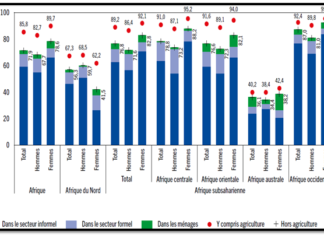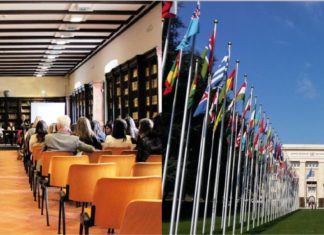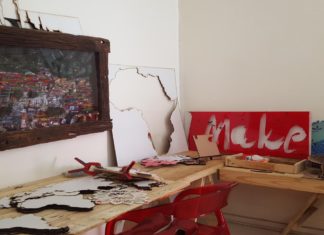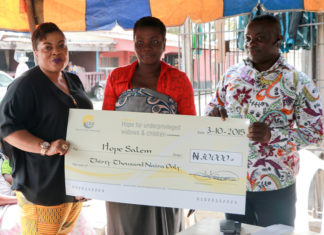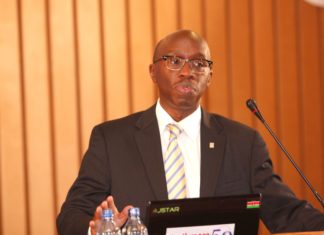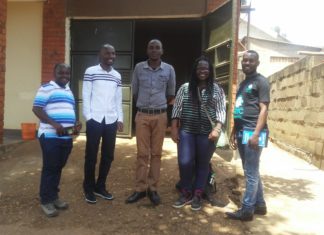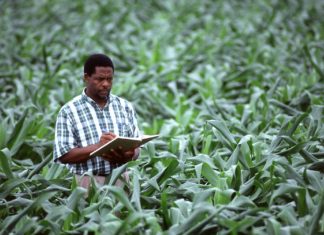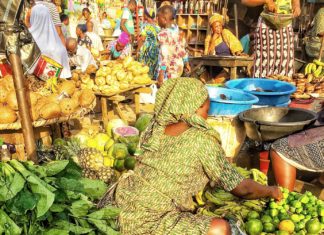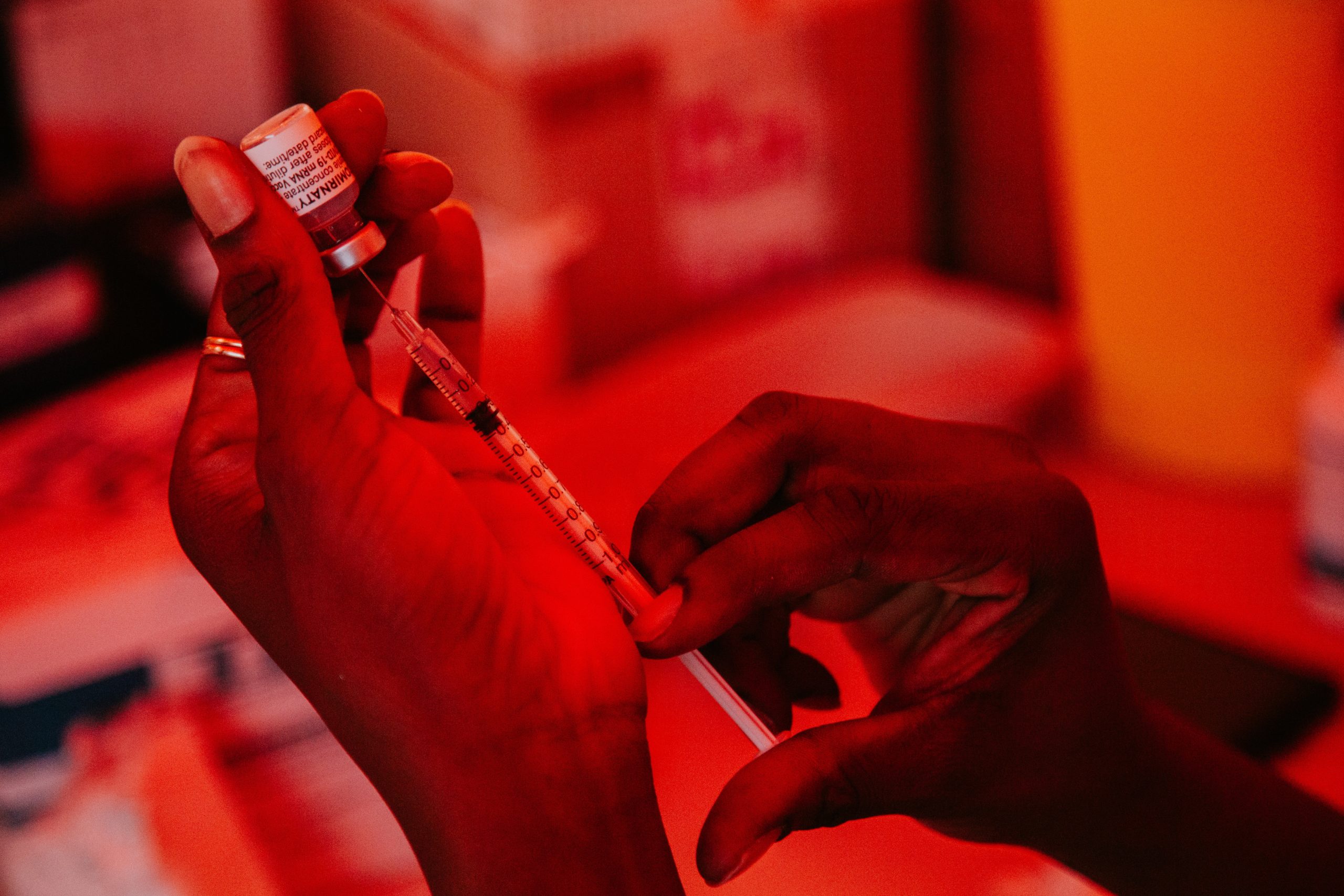L’innovation au service de l’informel à l’ère de la COVID-19
Par : Abdelhamid Benhmade
La COVID-19, et si nous en profitons pour renouer des liens plus étroits avec l’informel? Nombreuses sont les personnes frappées de...
WIPO-IGC 45: Bold and Strategic Moves Toward TK and TCE Text(s)
By Chidi Oguamanam
Buoyed by the July 2022 WIPO 62nd General Assembly decision that endorsed a Diplomatic Conference on Genetic Resources (GR) and Associated Traditional...
Makerspaces et émancipation des femmes en Afrique : Briser les préjugés...
Par Thomas Hervé Mboa Nkoudou
Au cours de mon séjour de recherche, je me suis intéressé à la place réservée aux femmes au sein...
Innovation by “makers” in South Africa’s Gauteng Province
The “Makers” who come together to tinker and hack in the maker collectives of South Africa’s Gauteng Province display a wide range of innovation practices, our research for Open AIR has found.
Our study, Collaboration and Appropriation in Gauteng Makerspaces, investigated the activities of eight Gauteng maker collectives. The findings have now been published in Open AIR Working Paper 6, entitled The Maker Movement in Gauteng Province, South Africa.
How Women’s Economic Empowerment Is Tackling Poverty in Southwest Nigeria
By Esther Adekunbi Mobolayo
I started my QES in January 2020 but, within months, the COVID-19 pandemic broke out. At first, it appeared as if...
Open AIR East Africa Distinguished Speaker Series: Dr. Henry Mutai on...
On 10 June 2015, the Agreement establishing a Tripartite Free Trade Area (TFTA) was signed in Egypt bringing together 26 African countries from three major regional blocs: the Common Market for Eastern and Southern Africa (COMESA), the East African Community (EAC), and the Southern African Development Community (SADC). Following the signing, the current phase of the TFTA negotiations are meant to cover five agenda items: trade in services, cooperation in trade and development, competition policy, intellectual property (IP) rights, and cross-border investment. The fourth of those five issues was the subject of the second Open AIR East Africa Distinguished Speaker Series presentation by Dr. Henry Kibet Mutai.
Challenging the Meaning of Innovation: Lessons from Refugee-Founded Organizations in Kampala
There is often a limited and constricted view of African innovation, especially when it comes to refugees and internally displaced persons (IDPs). While there is the common perception that refugees on the continent are resilient, innovative, and resourceful, it is only in the sense that “one man’s trash is another man’s treasure”. Too often, refugees and IDPs are perceived as persons with only needs. The reality is that refugees and IDPs are just like everyone else and bring many skills, ideas, and innovations to the global marketplace, both the marketplace of ideas and of goods.
DIY Biology in Africa: Opportunities and Challenges for Open Science
Authored by: Vipal Jain and Jeremy de Beer
Do-It-Yourself (DIY) Biology, also known as biohacking, puts innovation into the hands of the citizens and provides...
Women Bridging the Gap of Change and Innovation in Africa
By Mnena Abuku
Women
in Africa have faced a diversity of struggles in their efforts toward
sustainable development. This is largely because globalisation has brought more
burdens upon...
Pourquoi la nouvelle proposition sur l’accès aux vaccins est-elle insuffisante ?
Par Abdelhamid Benhmade
Enfin, une nouvelle proposition sur la vaccination gratuite et universelle est en discussion à l’Organisation mondiale du commerce (OMC). L'Afrique du Sud,...

